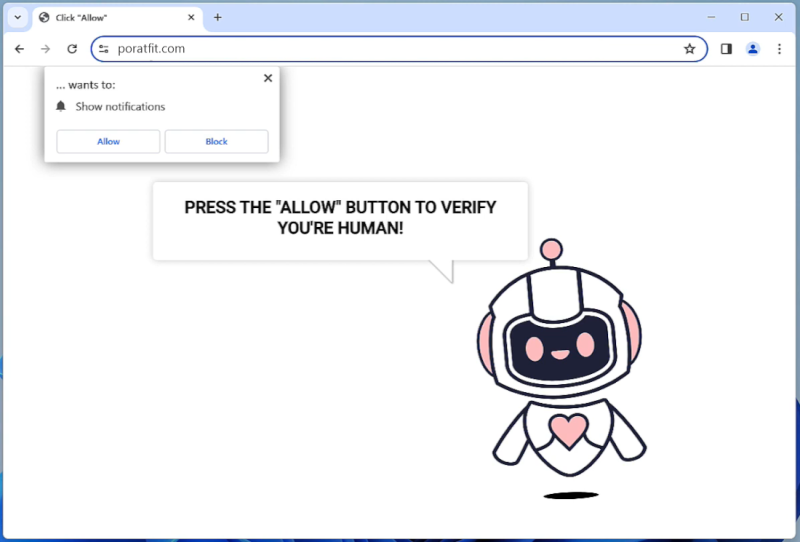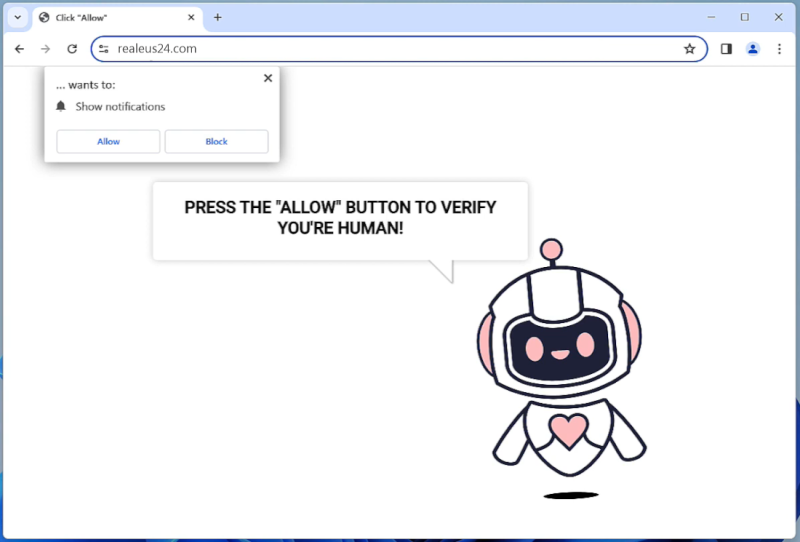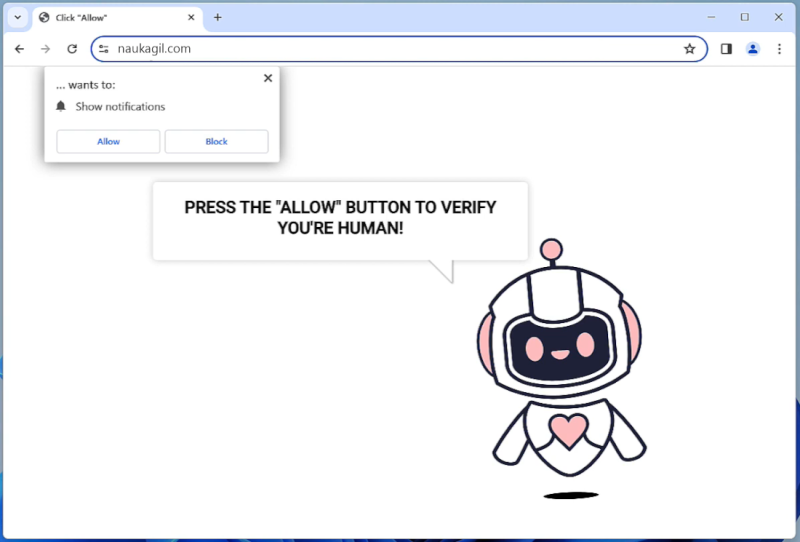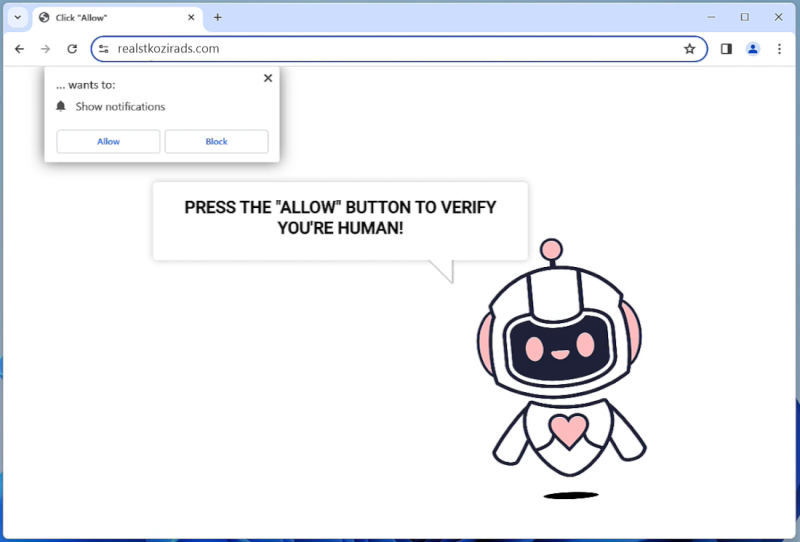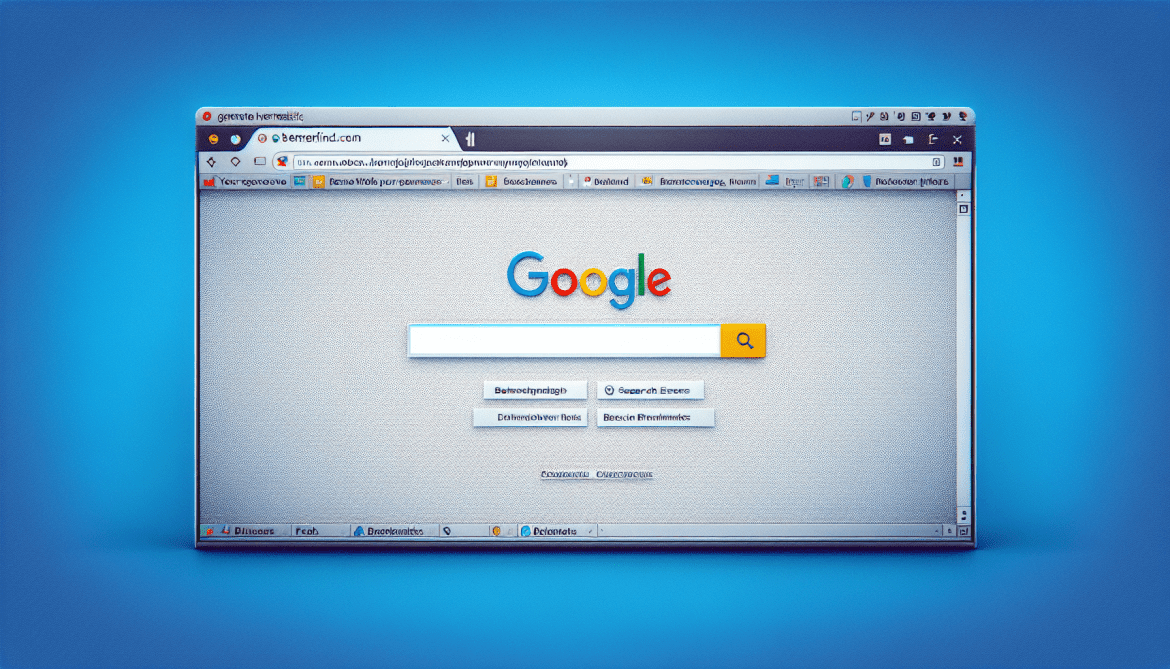Poratfit.com is a malicious website that infects computers with adware and potentially unwanted programs (PUPs). It typically infiltrates systems through software bundles, deceptive ads, or by exploiting vulnerabilities in the browser or operating system. Once installed, it bombards users with intrusive pop-up ads, redirects them to other malicious websites, and collects their browsing data for advertising purposes.
One of the ways Poratfit.com exploits browser notifications is by tricking users into allowing notifications from the site. Once granted permission, the site can display notifications containing spam, fake alerts, or links to other malicious websites. This can not only be annoying for users but also put their personal information and security at risk. Poratfit.com can infect various browsers such as Chrome, Firefox, and Safari, as well as different devices including desktops, laptops, and mobile devices. Users are advised to be cautious when browsing unfamiliar websites and to regularly update their security software to protect against threats like Poratfit.com.

